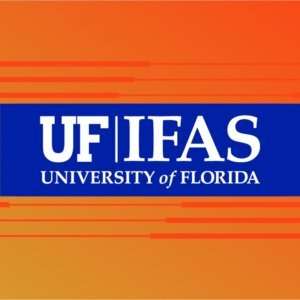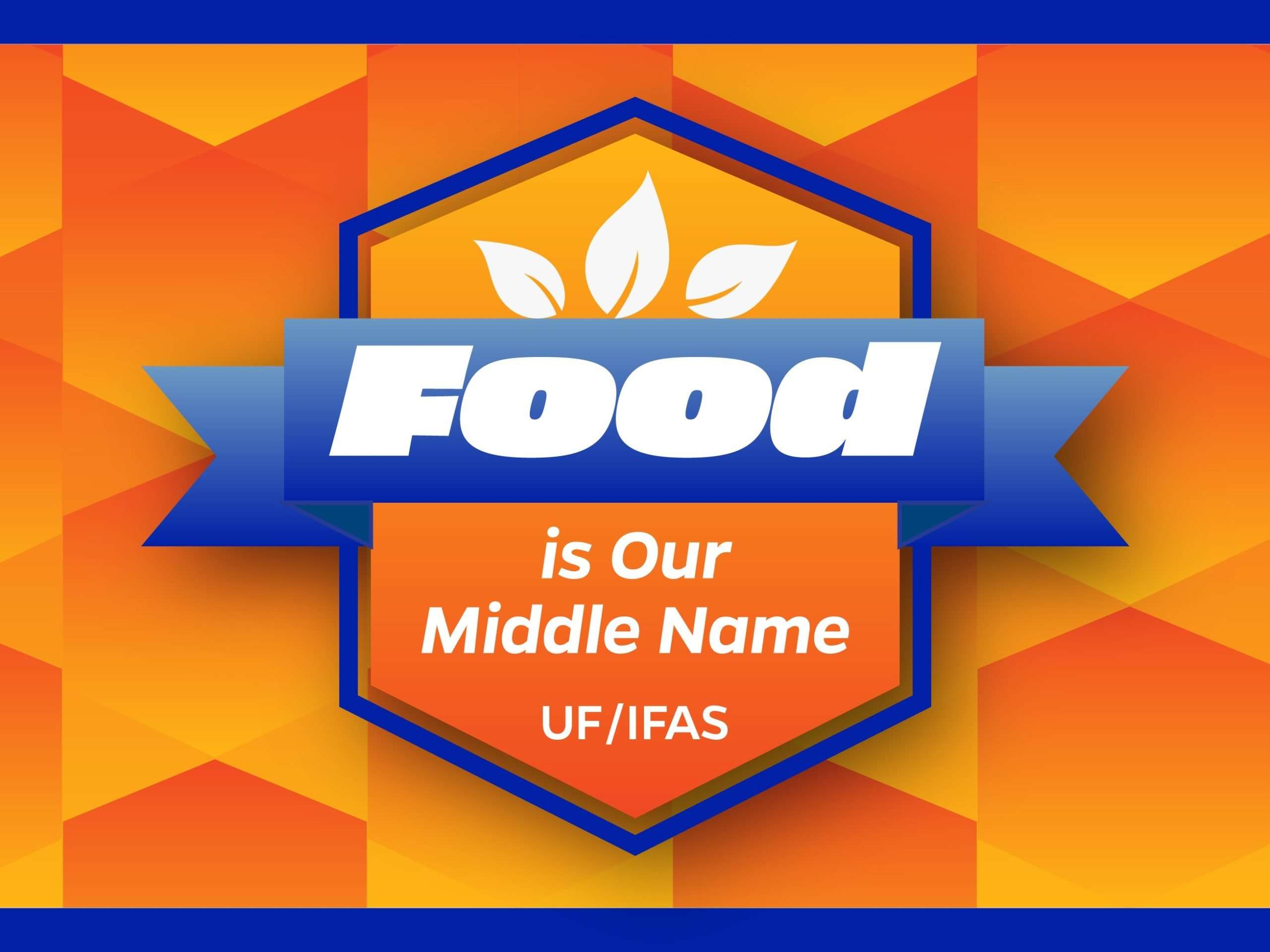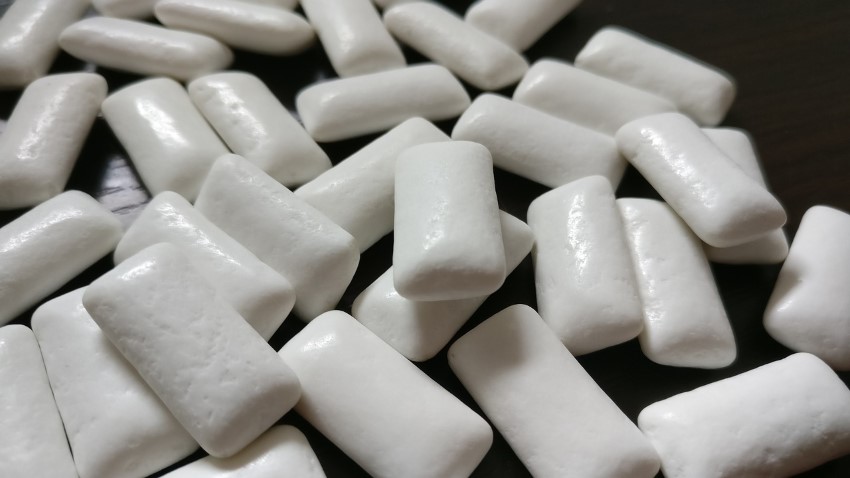Highlights
- Urban agriculture is growing food on a small-scale, using venues such as small rooftops, balcony gardens, community grounds, small urban farms and even empty lots of land.
- While experts tout the benefits of urban agriculture as a method that can build resilient communities, stave off food insecurity and promote sustainable food production, there is still much to learn about the benefits, constraints and dynamics of urban agriculture.
- University of Florida scientists partnered with researchers from multiple institutions to seek information and build a theoretical framework and roadmap for urban agriculture development.
Can small farming flourish in the heart of a city and suburban neighborhoods? Are there best practices in urban agriculture, and can they be adopted in an accelerated fashion to ultimately promote resilient and self-sustaining communities? If so, are there benefits to building such a system that can accelerate local food production without burdening the environment?
These are the questions a team of scientists, led by experts at the University of Florida’s Institute of Food and Agricultural Sciences (UF/IFAS), tackled when they embarked on a three-year study.
That study resulted in a theoretical framework that can guide urban agricultural systems. Within its framework, scientists also considered potential pathways associated with increasing the adoption of urban agriculture across regions and communities — also known as upscaling.
“Current understanding of urban agriculture is still in its infancy,” said Jiangxiao Qiu, an associate professor of landscape ecology at the UF/IFAS Fort Lauderdale Research and Education Center (FLREC) and lead author of the paper. “Our scaling up urban agriculture framework provides a transdisciplinary policy and planning roadmap that can catalyze transformative change to achieve robust urban resilience and sustainability.”

Dr. Jiangxiao Qiu, Associate Professor of Landscape Ecology, UF/IFAS Fort Lauderdale Research and Education Center (FLREC). Credit: Tyler Jones, UF/IFAS Photography.
The study, “Scaling up urban agriculture as a transformative change to advance social-ecological resilience and sustainability,” is published in the journal Nature Food. Collaborating scientists first took a deep dive review of existing research to determine the complex implications of urban agriculture across individual, community and societal factors.
“Within this framework, we developed a three-phased pathway for scaling up urban agriculture, illustrated with real-world examples, and discussed crucial factors that influence the upscaling processes,” he said.
Among the takeaways derived as benefits, urban agriculture could promote a positive influence on supplementing food supply, fostering water-quality improvements, potentially decreasing carbon footprints, promoting health benefits through consumption of fruits and vegetables and promoting ways to mitigate climate change.
“These benefits could translate to positive social well-being outcomes such as food security and community development,” said Qiu.
Among the potential risks revealed in the literature review were increased disease and pest incidents to crops, exposure to soil contamination and environmental pollution, from urban agriculture practices.
“Economic status and factors may also affect the profitability of urban agriculture and lead to disproportionate distribution of food,” explained Qiu.
The researchers further propose a multiphase pathway to illustrate potential implementation of urban agriculture upscaling through a variety of processes and influential actions.
For phase one, scientists suggest expanding interest in food production by empowering individuals while enhancing the capacity of communities to get involved.

“It may begin with individual initiatives stemming from grassroot movements and practices such as individuals initiating and participating in urban vegetable and community gardens to meet household food needs, reduce food expenses and improve livelihoods,” said Qiu. “A momentum toward establishing adoption may take place when there is access to land, technology, resources, knowledge and training.”
Phase two might require engagement from stakeholders, along with community support from policymakers across various levels of government to boost adoption.
“By providing access, ease of use and guidance with land-use planning and urban policies and regulations, financial incentives and subsidies, expansion might be encouraged,” explained Qiu.
Finally, phase three of the framework is based on improving the economic viability of urban agriculture by providing tools and incentives toward its full-scale development. Examples include access to marketing and promotion tools, encouraging diversified revenue streams, value-added products and adoptions of agribusiness management and technology.
“Scaling up urban agriculture can be a critical window of opportunity for advancing global sustainability and has been gaining traction with budding examples in countries globally,” said Qiu. “Future research is needed to test and operationalize this framework and pathways to scale up urban agriculture and forge more socially just and environmentally sustainable urban systems.”
Collaborators on this study include other University of Florida scientists, along with representatives from University of Central Florida, University of Illinois at Urbana-Champaign, State University of New York, University of Michigan, Arizona State University.
Title Image: Leafy greens in community garden. Credit: Tyler Jones, UF/IFAS
About UF/IFAS

The mission of the University of Florida Institute of Food and Agricultural Sciences (UF/IFAS) is to develop knowledge relevant to agricultural, human and natural resources and to make that knowledge available to sustain and enhance the quality of human life. With more than a dozen research facilities, 67 county Extension offices, and award-winning students and faculty in the UF College of Agricultural and Life Sciences, UF/IFAS brings science-based solutions to the state’s agricultural and natural resources industries, and all Florida residents.
Why Food Is Our Middle Name

Feeding a hungry world takes effort. Nearly everything we do comes back to food: from growing it and getting it to consumers, to conserving natural resources and supporting agricultural efforts. Explore all the reasons why at ifas.ufl.edu/food or follow #FoodIsOurMiddleName.


